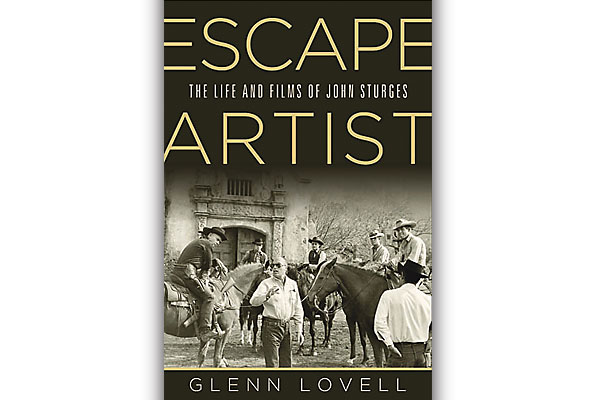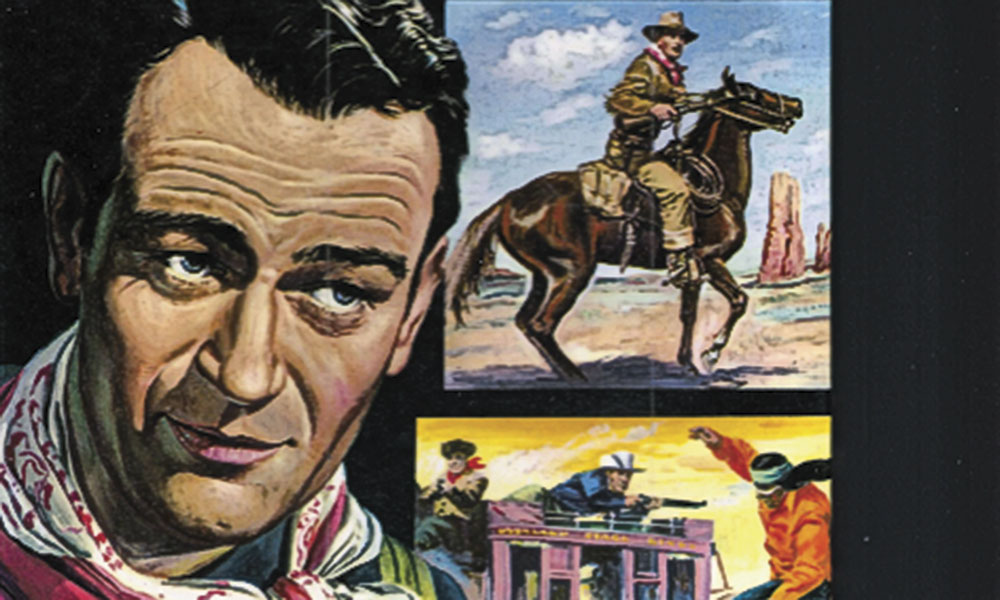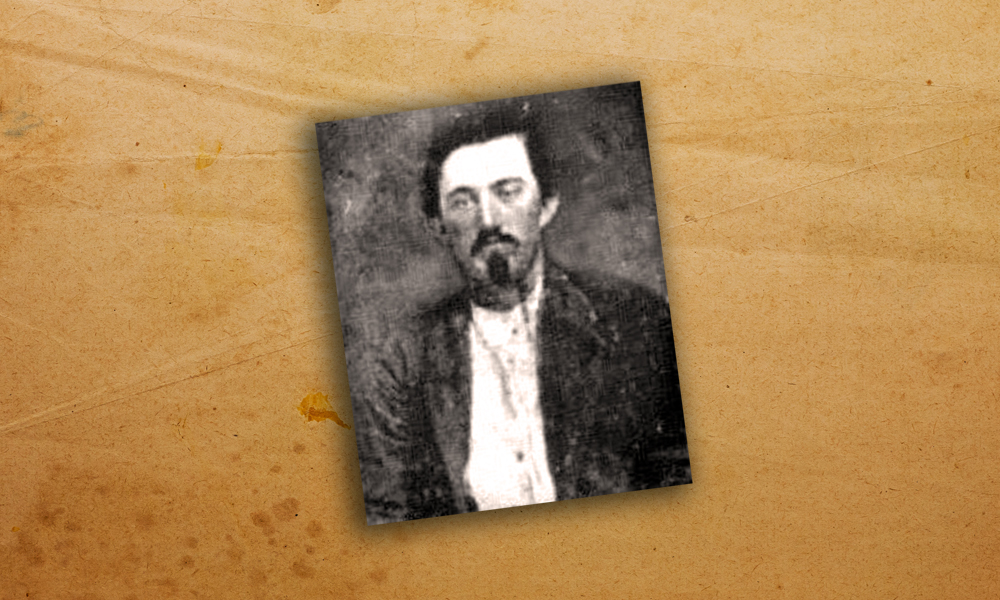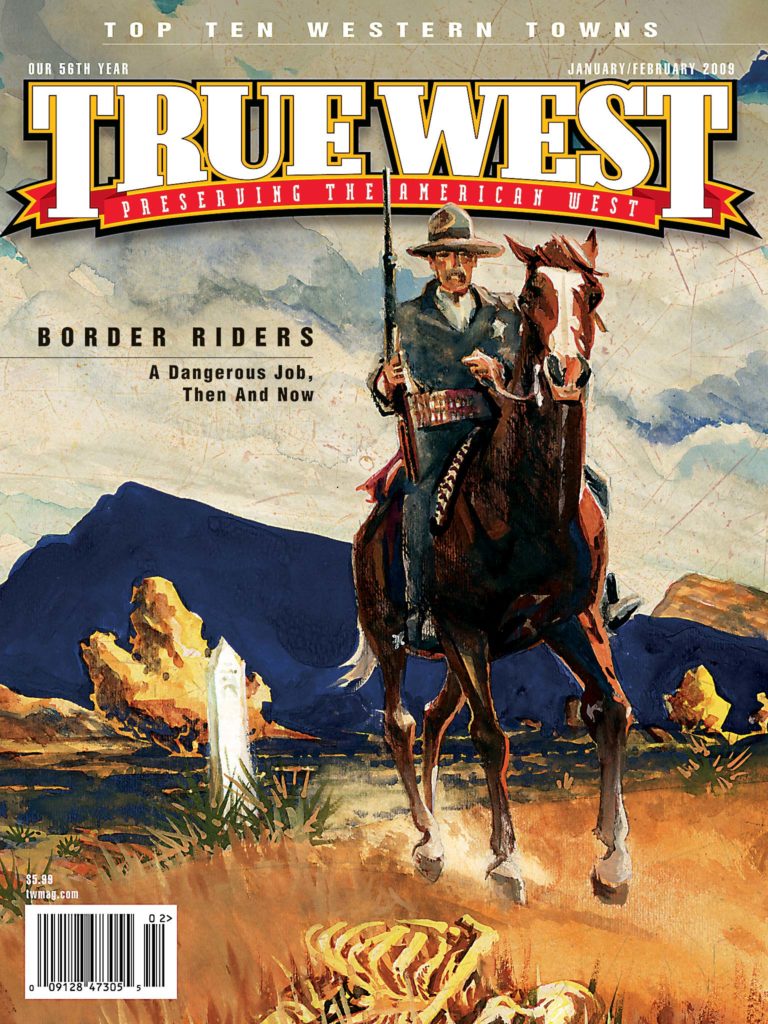 You have to work backward from Yul Brynner, who would ultimately star as Chris, the leader of the gunfighters, to figure out whose brainstorm the project was.
You have to work backward from Yul Brynner, who would ultimately star as Chris, the leader of the gunfighters, to figure out whose brainstorm the project was.
Mirisch said he got the idea from Brynner, whose agent said, “Yul has an interest in doing a Western version of The Seven Samurai.” Brynner got the idea from Anthony Quinn, his director on The Buccaneer and announced costar in the ultimately abandoned The Gladiators. Quinn got the idea from screenwriter Lou Morheim, who, upon seeing the Japanese film in Los Angeles, told his wife, “This would make a classic American Western.” In any case, it was hardly an original notion. [Bosley] Crowther in his 1956 New York Times review [of the Kurosawa film] pointed to numerous “touches that would do honor to Fred Zinnemann or John Ford,” and added that the picture “bears a cultural comparison with our own popular Western High Noon. That is, to say, it is a solid, naturalistic, he-man outdoor Action film.”
••••••••••••••••••••••
At 101 minutes, Hour of the Gun was Sturges’s shortest film in years. It was a lean, soulfully elegiac coda to Gunfight At the O.K. Corral and Last Train To Gun Hill. Today, it is rightly hailed as a forerunner of Will Penny [1968], The Wild Bunch [1969], Wild Rovers [1971] and revisionist Westerns fueled by the moral ambiguities of the Nixon-Vietnam years. For the Tombstone marshal to obtain “justice” for his brother Morgan’s murder, he must throw away his badge, much as Harry Callahan does four years later in Dirty Harry. His hands bloodied, Wyatt has become Doc’s doppelganger. He is no longer fit to uphold the law.





